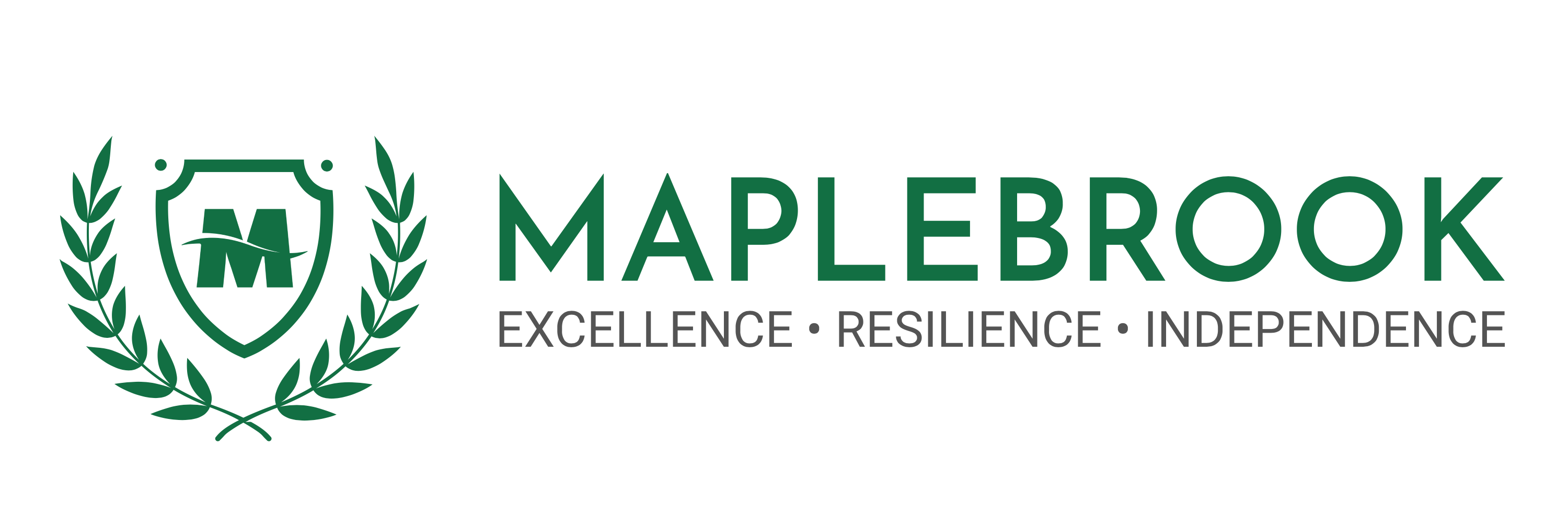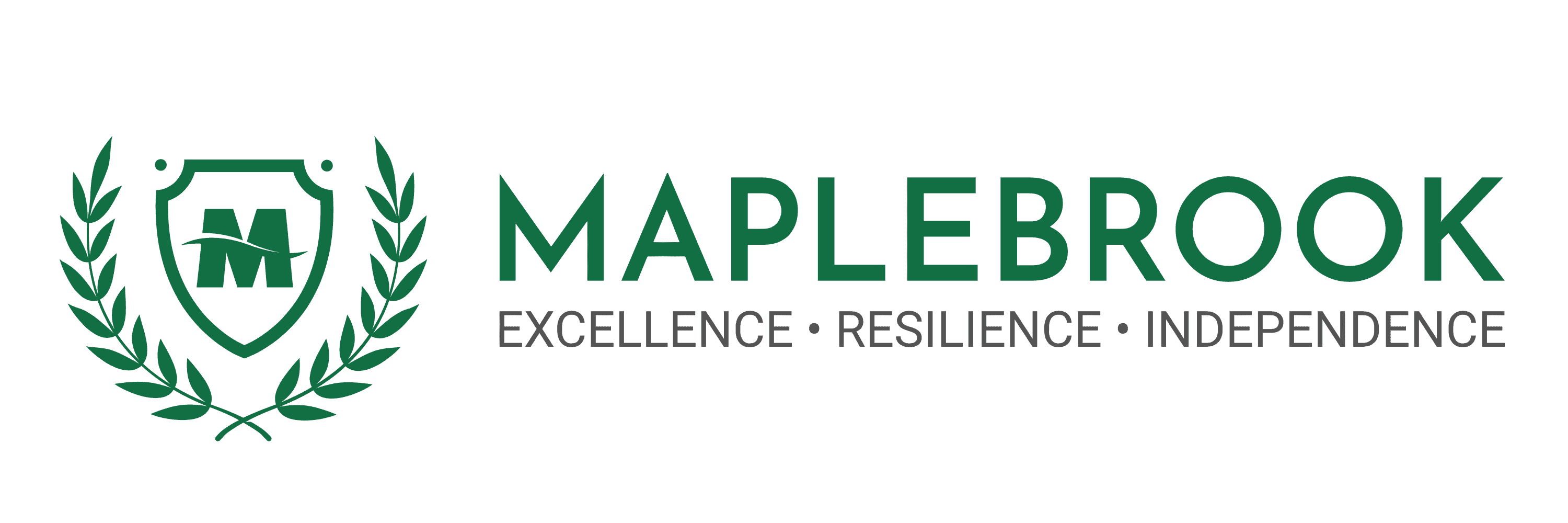

July 6, 2023
BUILDING FORTITUDE
My generation was known as “latchkey” kids. We left each day for school knowing that our parents had to work and no one would be home when we returned with milk, cookies and an insatiable curiosity for how our day went. I like to refer to us as the “keychain” kids. It was a badge of honor to collect as many keychains as possible; they clanged together, surrounding that house key like a fortress.
If we had a problem or crisis, it was up to us to be resourceful and find a solution. Mom and Dad weren’t available at the snap of our fingers and we didn’t dare call them at work unless someone was unconscious or the house was on fire. If we wanted those Jordache jeans, we got a job, saved our money, and bought them ourselves. They would mean more, we were told—and sure enough, they did. Our parents prepared us with not only the mental skills to face life’s sharp edges, but the tools to emerge victorious as we learned from disappointment, mistakes, and the consequences of our own poor judgment.
Structure or Not?
I have been an educator for 25 years; I knew this was my vocational passion from a young age. If you ask my students through the years about me, you will hear things like “She was strict!” and “We had to do everything on our own.” This reflects my commitment, early on, to treat my students in a fashion similar to the way my parents treated my siblings and me. We weren’t given extra chances to pass that math exam; there was no excuse of being stressed out when we got fired from our first jobs. We were asked questions that made us take responsibility for our actions and reflect on how to change so we would learn lessons from failures.
Parents are our first educators, then they pass the torch on to schools. Because students spend the majority of their time in school, teachers have a great influence on their academic and personal development. Often, too much time is spent on protecting our students’ self-esteem rather than allowing for supportive failures. Students need to know what to expect, as well as what is expected of them. Structure requires creating rules and expectations as well as applying them consistently. Structure is crucial to students’ success in building fortitude, and what is equally crucial is weaning them off of structure as they make more sound judgments and decisions.
Think about how you behaved when you were given the first taste of freedom. Did you fail because you didn’t have the proper tools to make a decision or fend off the pressure of your peers? Building resilience and having fortitude requires a great deal of responsibility on the part of students, including ownership of their own mistakes.
Enabling vs. Empowering
Time marches on since the latchkey kid days and paves the way for “improvement.” Yes, with its many instant gratifications, life today can be much easier for students, but it also holds its pitfalls. There seems to be an atmosphere of excuses for students that relieve them from responsibility. “Enabling” students means swooping in and doing things for them rather than letting them learn from their mistakes. This opens the door for blaming others and not learning the consequences of making the wrong choice.
Empowerment is one of the best things we can provide for our students. Empowerment is being supportive, not nagging or excessively criticizing. It’s increasingly difficult to watch our students do things for themselves, especially when we know what the outcome will be. It’s not easy to stand by and not correct them. But the more we encourage independent decision-making and allow for the natural consequences to emerge, the better a student will become at being able to face difficulty. We fail as educators if we don’t allow our students to own their own successes and failures.
Stepping-stones to Fortitude
Fortitude comes from lessons learned out of failure. Too often, today’s youth depend on someone giving them another chance, an excuse or extra supports to get the job done. This protection from failure has morphed into a culture of dependency. But there is a lot of benefit to failure—fear of failure alone is a strong motivator.
In addition to lessons learned out of failure, there are other keys to mental fortitude:
Accountability
We often hear of others being held “accountable” for poor performance or bad behavior. Instead, we should consider accountability as a choice to rise above one’s circumstances and demonstrate the ownership necessary for achieving desired results. This definition requires a level of ownership that includes making, keeping and answering for personal commitments. I was held accountable when I was fired from my first job. I made a poor choice; I felt (in my naïve mind) that I had been wronged and wasn’t supported. When I got home and told my parents I was fired and why, despite my “explanation,” my father asked me one question: “How will you learn from this?” Just as my father held me accountable for losing my job, when educators hold students accountable, we are doing what is best for our students. The responsibility for making choices about their behavior lies solely on them.
Relationships
Think about the number of relationships you’ve had in your life. Each and every one has come with various lessons connected to that person. You may have learned from the negative qualities of one person, while in another you may have been lucky to find a mentor. I think back to one of my teachers who inspired me to go into education. Madame C. taught high school French and I wasn’t her most stellar student. I couldn’t find any value in having to translate and do a literary analysis of Voltaire’s Candide. Being the student I was, I provided the best excuses I could to avoid putting forth my best effort. I was snarky and almost insolent. Madame C. did not give in to my childish behavior; rather, she kept me after school one day to have a talk. After she employed a little reverse psychology and gave me an additional assignment to present my findings solely in French, I was more angry than understanding. Fearing I would fail the class and have to go to summer school, I begrudgingly completed my assignment. I received a B+, and an invaluable lesson in the powers that teachers possess. Madame C. didn’t let me off the hook. She didn’t give me an easy path, but made it harder for me and showed me that following through on something you don’t want to do paves a path to success in life. She remains my inspiration to this day.
Character
Any part of a student’s education includes building a moral compass. This begins with our parents and continues in school. Children are told the rules of life and how to follow them: play fair, don’t hit people, cooperate, listen to your elders, apologize when you hurt someone, listen carefully, lend a hand when someone needs help, don’t take things that aren’t yours and wait your turn. Breaking these rules has clear consequences. The hope is that children will learn from their mistakes and not repeat them. We also want them to learn that actions speak louder than words, and that sometimes making the conscious decision to do the right thing isn’t the most popular choice. One of our earliest teachers of character came through the television screen. Mister Rogers, a personal hero of mine, gave the best advice on how to be the best person you can be. He didn’t judge, he wanted you to be his neighbor, he was an example of good character, and he had integrity. He urged children to do the right thing even when someone wasn’t watching and, in any emergency, always look for the helpers. I am not sure if Mister Rogers knew it, but he was teaching children how to be resilient.
Attitude
Building fortitude is a learning process. Students need guidance to understand the role their own perspective can play. We educators must teach our students the tools of self-awareness and self-control. It’s important to manage one’s emotions in moments of stress, and to assess the level of severity of the situation. How many times have we jumped to conclusions without all the facts and made a situation worse than it really is? Not every situation is hopeless, insurmountable, or an emergency. Are some situations scary? Is there uncertainty? Yes, but one’s attitude will determine if one has the courage to tackle the fear of failure and find a solution. I was struck by this statement about attitude I once read in an article on resilience: “If you can’t change it, change the way you think about it.”
Teacher Toolbox
We can teach our students all the skills they need to help them be more adaptable, have more resolve and be better equipped to handle the uncertainty that life brings. Think of your most effective teachers. Most likely they were the ones who pushed you, the ones you thought you hated, the ones who made tasks difficult enough that you were forced to rely on your perseverance and problem-solving skills. What was the difference with their method? I think your answer will be, “They made me do things myself.”
As educators, we have an obligation to teach our students to use their strengths as confidence builders. What better way to face a difficult situation than with the confidence that a solution will be found. Hand in hand with holding students responsible for the manner in which they approach a problem is the demand that they see it through and live with the outcome. We are all stronger when we have to work through a difficult situation, and the lessons are invaluable. As teachers, we sometimes have to manufacture this scenario, but what better use of a classroom?
Themes to Success
Because the most influential people in a student’s life are families and teachers, it is essential that we work together as a team to help students build fortitude. Communication between school and home is key. Our children are very impressionable and when different messages are being given, not only is it confusing for the student, but nothing gets accomplished as far as the student’s ability to face adversity. The best things we can do to help our students are supporting them, not advocating for them; giving encouragement, hope and the ability to correct their mistakes independently; and being available for advice when asked. If we prepare our students, we are fostering not only independence, but well-balanced young people who will be productive members of society. We are fostering thinkers, problem solvers and people who can stand on their own two feet.
I was on my own growing up in so many ways. I am the last of five children raised by two parents, one a Marine, who worked full time and sometimes two jobs to provide for the family. The Gaelic meaning of “Scully” is “scholar” or “teacher”; I couldn’t have been taught the lessons in life by anyone better than my parents. I am fortunate to be able to pass along the same type of education to my students.

